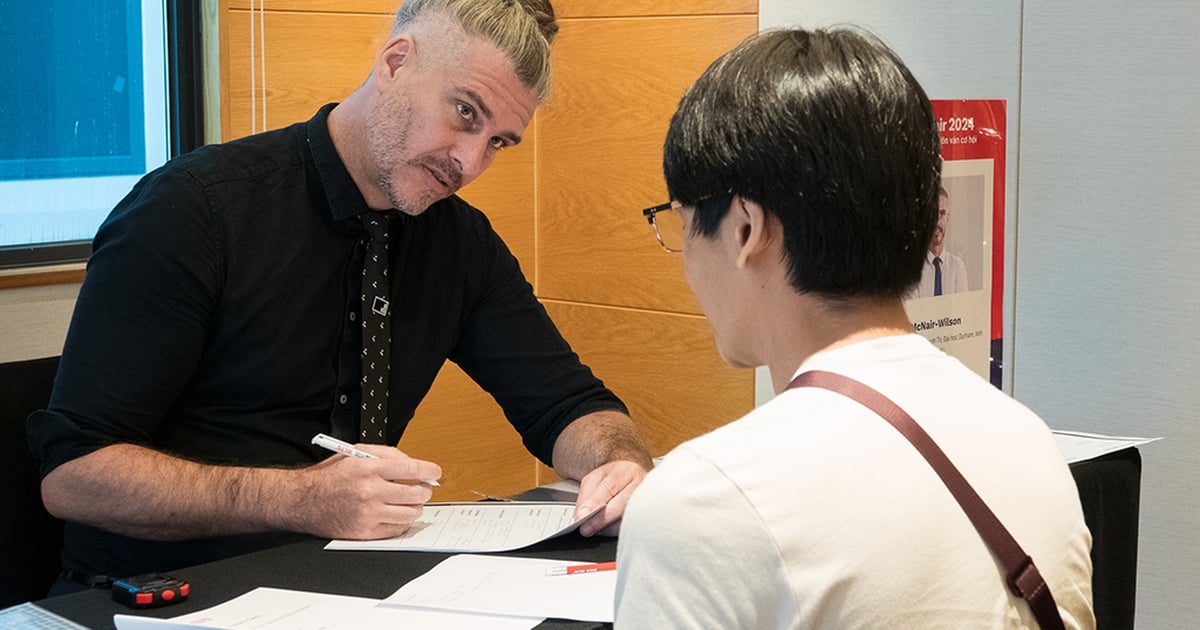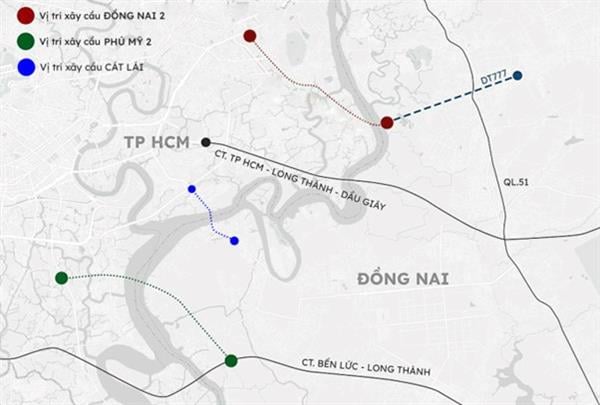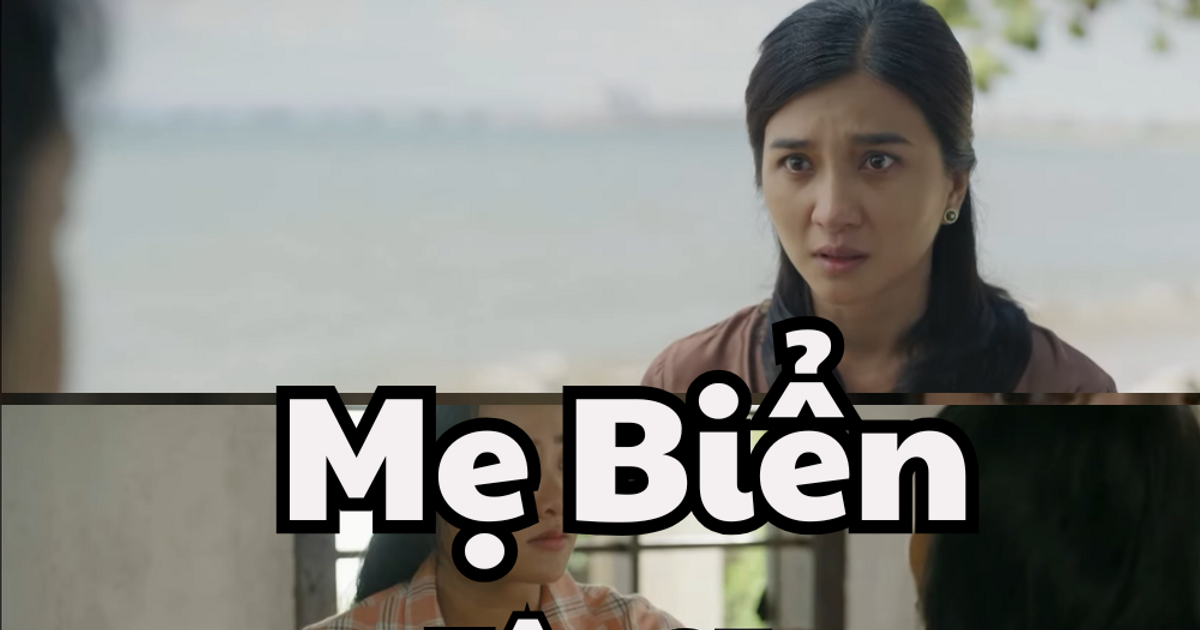The British have many ways of talking about luck, including the idioms "a stroke of luck" or "a stroke of luck".
"Lucky" or "in luck" is commonly used to talk about being lucky: You're in luck! We have exactly one ticket left.
On the contrary, bad luck is "bad luck". Unlucky people are described as "unlucky" or "out of luck": We planned to visit the famous restaurant, but we were out of luck - it was closed that day.
In Vietnamese, there is an idiom "in cai voi co cai may", and in English, there is "a blessing in disguise" with a similar meaning: Missing the bus turned out a blessing in disguise for Annie. When she read the news later that day, she found out the bus was in an accident.
"As luck would have it" is used to say when something happens by chance. Depending on the situation, this phrase can be understood as "fortunately" or "unfortunately".
For example: I realized I had left my umbrella on the bus the day before. As luck would have it, I caught the same bus and my umbrella was still there.
Or: I caught the early train to get to the office in time for the meeting. As luck would have it, it broke down on the way.
If a person wins the lottery or makes a lot of money through luck, they can be said to have "hit the jackpot": The old man tried his luck many times but never hit the jackpot.
When we want to wish someone luck, besides "good luck", we can also use "best of luck" or "lots of luck". For example: Best of luck with your exam!
"Break a leg" is also a common phrase to wish someone good luck, but is more commonly used before stage performances.
Whenever a speaker hopes that something good will happen in the future, they can add the phrase "touch wood" to the sentence to ward off bad luck. This phrase is also used after the speaker recounts something good that has happened: I've passed all job interviews since I graduated - touch wood!
Choose the correct answer to complete the following sentences:
Source link


![[Photo] Nhan Dan Newspaper announces the project "Love Vietnam so much"](https://vstatic.vietnam.vn/vietnam/resource/IMAGE/2025/4/17/362f882012d3432783fc92fab1b3e980)
![[Photo] General Secretary To Lam receives French Ambassador to Vietnam Olivier Brochet](https://vstatic.vietnam.vn/vietnam/resource/IMAGE/2025/4/17/49224f0f12e84b66a73b17eb251f7278)

![[Photo] National Assembly Chairman Tran Thanh Man meets with outstanding workers in the oil and gas industry](https://vstatic.vietnam.vn/vietnam/resource/IMAGE/2025/4/17/1d0de4026b75434ab34279624db7ee4a)
![[Photo] Closing of the 4th Summit of the Partnership for Green Growth and the Global Goals](https://vstatic.vietnam.vn/vietnam/resource/IMAGE/2025/4/17/c0a0df9852c84e58be0a8b939189c85a)
![[Photo] Promoting friendship, solidarity and cooperation between the armies and people of the two countries](https://vstatic.vietnam.vn/vietnam/resource/IMAGE/2025/4/17/0c4d087864f14092aed77252590b6bae)


























![[Photo] Welcoming ceremony for Chinese Defense Minister and delegation for friendship exchange](https://vstatic.vietnam.vn/vietnam/resource/IMAGE/2025/4/17/fadd533046594e5cacbb28de4c4d5655)


























![[Video] Viettel officially puts into operation the largest submarine optical cable line in Vietnam](https://vstatic.vietnam.vn/vietnam/resource/IMAGE/2025/4/17/f19008c6010c4a538cc422cb791ca0a1)







































Comment (0)